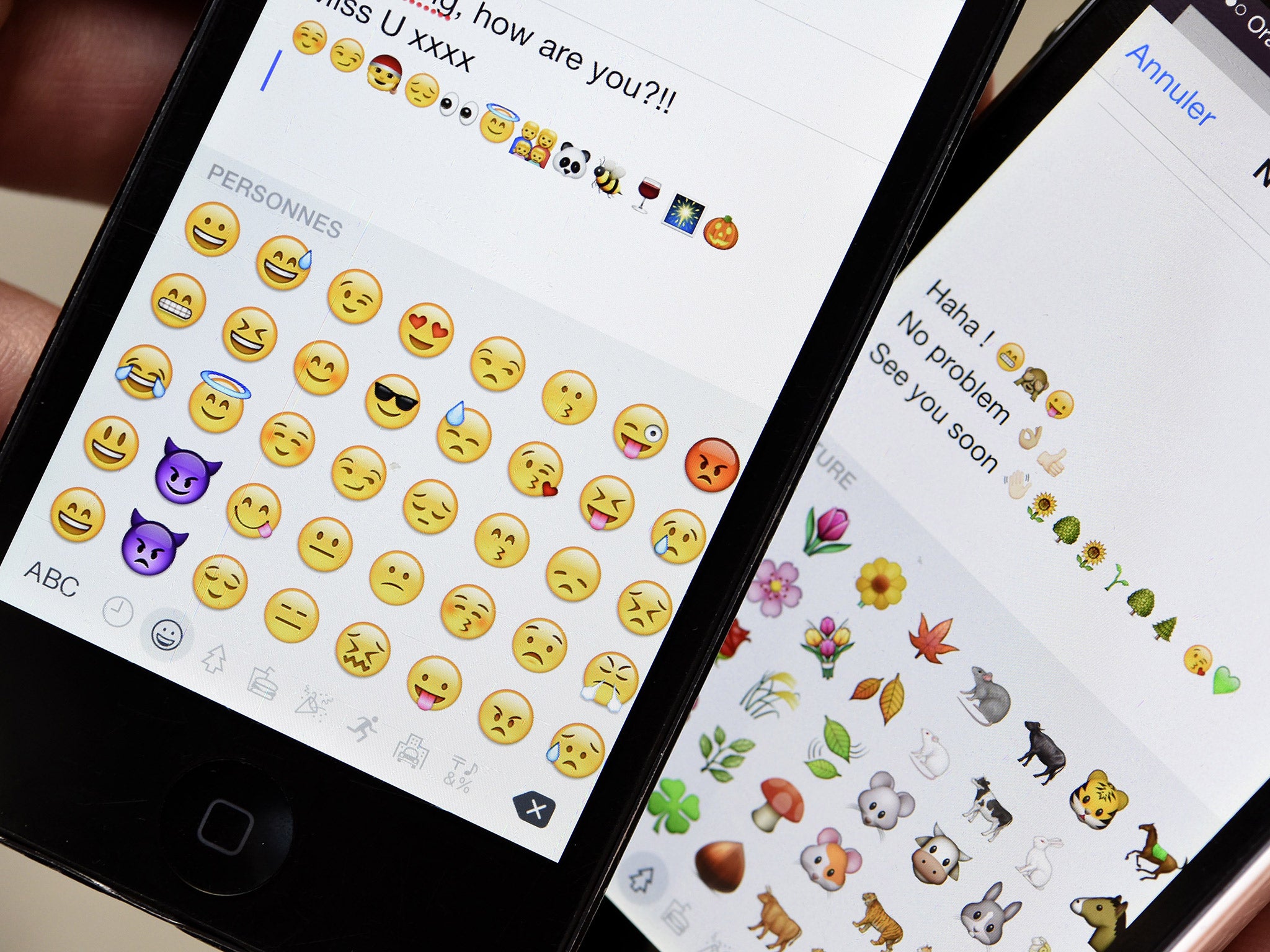Facebook Reactions: There's no need to hate emoji - but don't heart them either
Emoji are now being harnessed by Facebook and Twitter to do a job for which they were never intended

This week, Oxford Dictionaries bagsied themselves acres of media coverage by daring to make their word of 2015 an emoji. (The "tears of joy" one – apparently it's the most used in the UK.) This prompted some renewed argument about the role of emoji in our arsenal of communication.
The haters will always hate; emoji, they tell us, are reductive, childish blobs used only by simpletons who are unable to express themselves using conventional language. They're wrong, of course. Emoji were originally intended to be used as embellishment, to help to add nuance to quickfire messaging – and anyone who's ever sent an apology for absence due to sickness and suffixed it with a skull emoji will know just how satisfying that feels.
But emoji are now being harnessed by Facebook and Twitter to do a job for which they were never intended: to sum up our emotional responses wholesale.
This week, a tool called Facebook Reactions rolled out in the Philippines; it's the latest territory to have the old "Like" button replaced with a choice of of emoji responses (specifically: Like, Love, Haha, Yay, Wow, Sad and Angry. I guess you could think of them as a kind of modern-day Seven Dwarves).
A similar range has just been discovered lurking in a developer build of Twitter's iPhone app. The emojis are apparently intended to sit alongside the heart symbol, which recently replaced the relatively emotionless star symbol as a way of "favoriting" specific tweets. (When asked to confirm the speculation, a Twitter spokesperson replied with an emoji of a monkey with its hand over its mouth. In the absence of any actual words, we're guessing that means yes.)
This creeping emojification seems to be emerging where two of the most gruelling aspects of social media collide.
The first is our growing neediness and search for validation. A few years ago, we might have put something online and not worried too much about any acclaim that might drift our way, but we now live in a world where likes, favourites and retweets are a yardstick by which we measure our popularity. We need to feel as if our online activities are impacting on other people, and the introduction of "Reactions" is the way Twitter and Facebook have chosen to make us feel more appreciated. "Wow! We didn't just get a thumbs up or a gold star, ladies and gentlemen, we got a HEART." Feel the love!
The second is the ever-increasing and frequently unmanageable quantity of material that floods in our direction on a daily basis. Sometimes it seems to whoosh past like furniture during a tsunami, and we simply don't have the time or attention span to properly absorb it. When Facebook announced Reactions in October (and initially premiered it in Ireland and Spain alone, for some reason) it promised that it would give us "more ways to share your reaction to a Facebook post in a quick and easy way".
Social media platforms know that we're struggling to make ourselves heard and struggling to respond to all the things we'd like to – and this is the answer they've come up with: give us some cutesy images to lob at each other, validating our online existence and upping the feel-good quotient.
The irony is that both companies now appear to be under fire for placing emotional constraints on us. Really, Facebook? You're only giving us a choice of seven emotions with which to express our delight at the arrival of our friend's newborn, or sorrow at our national football team's failure to progress past the qualifiers?
But we seem to be forgetting that we have another option: language. Remember? That rich form of communication we've spent millennia honing and developing? Emoji can certainly be part of that, by adding irony, nuance and humour to our bullet-point missives. But let's not fall into the trap of using tiny pictures alone to express the way we feel.
Join our commenting forum
Join thought-provoking conversations, follow other Independent readers and see their replies
Comments
Bookmark popover
Removed from bookmarks